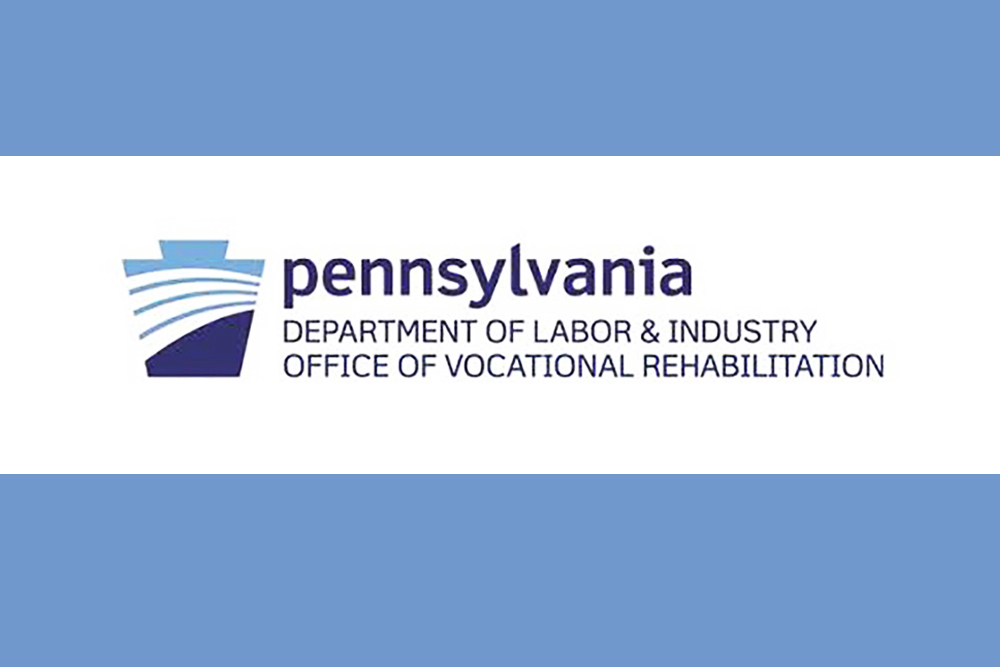From ANCOR:
Hello ANCOR members!
New guidance on the PRF reporting requirements has just been released.
View in browser | Distributed by Center for Medicaid and CHIP Services (CMCS)
Today, the U.S. Department of Health and Human Services, through the Health Resources and Services Administration (HRSA) is releasing revised reporting requirements for recipients of Provider Relief Fund (PRF) payments. This announcement includes expanding the amount of time providers will have to report information, aims to reduce burdens on smaller providers, and extends key deadlines for expending PRF payments for recipients who received payments after June 30, 2020. The revised reporting requirements will be applicable to providers who received one or more payments exceeding, in the aggregate, $10,000 during a single Payment Received Period from the PRF General Distributions, Targeted Distributions, and/or Skilled Nursing Facility and Nursing Home Infection Control Distributions.
“From the beginning of this pandemic, health care providers have gone above and beyond to care for their patients in extremely difficult circumstances that caused significant financial hardship,” said HRSA Acting Administrator Diana Espinosa. “These updated requirements reflect our focus on giving providers equitable amounts of time for use of these funds, maintaining effective safeguards for taxpayer dollars, and incorporating feedback from providers requesting more flexibility and clarity about PRF reporting.”
HHS began issuing notices on post-payment reporting requirements in July 2020. On January 15, 2021, HHS issued updated requirements to reflect language in the Coronavirus Response and Relief Supplemental Appropriations Act of 2021 and opened registration for the reporting portal. Since then, HHS has carefully weighed the rapidly evolving nature of the pandemic and its impact on health care providers and other stakeholders, which is reflected in the revised notice issued today.
The revised reporting requirements supplanting the January 15th requirements can be found here – PDF.
Key Updates:
- The period of availability of funds is based on the date the payment is received (rather than requiring all payments be used by June 30, 2021, regardless of when they were received).
- Recipients are required to report for each Payment Received Period in which they received one or more payments exceeding, in the aggregate, $10,000 (rather than $10,000 cumulatively across all PRF payments).
- Recipients will have a 90-day period to complete reporting (rather than a 30-day reporting period).
- The reporting requirements are now applicable to recipients of the Skilled Nursing Facility and Nursing Home Infection Control Distribution in addition to General and other Targeted Distributions.
- The PRF Reporting Portal will open for providers to start submitting information on July 1, 2021.
Summary of Reporting Requirements
| |
Payment Received Period (Payments Exceeding $10,000 in Aggregate Received) |
Deadline to Use Funds |
Reporting Time Period |
| Period 1 |
From April 10, 2020 to June 30, 2020 |
June 30, 2021 |
July 1 to September 30, 2021 |
| Period 2 |
From July 1, 2020 to December 31, 2020 |
December 31, 2021 |
January 1 to March 31, 2022 |
| Period 3 |
From January 1, 2021 to June 30, 2021 |
June 30, 2022 |
July 1 to September 30, 2022 |
| Period 4 |
From July 1, 2021 to December 31, 2021 |
December 31, 2022 |
January 1 to March 31, 2023 |
These reporting requirements do not apply to the Rural Health Clinic COVID-19 Testing Program nor the two claims reimbursements programs: the HRSA COVID-19 Uninsured Program and the HRSA COVID-19 Coverage Assistance Fund. HRSA continues to encourage providers to establish their PRF Reporting Portal accounts now by registering here. Registration will also allow providers to receive updates closer to the official opening of the portal for their reporting submissions.
For more information, read the materials below:
Please contact your RCPA Policy Director for more information.
















